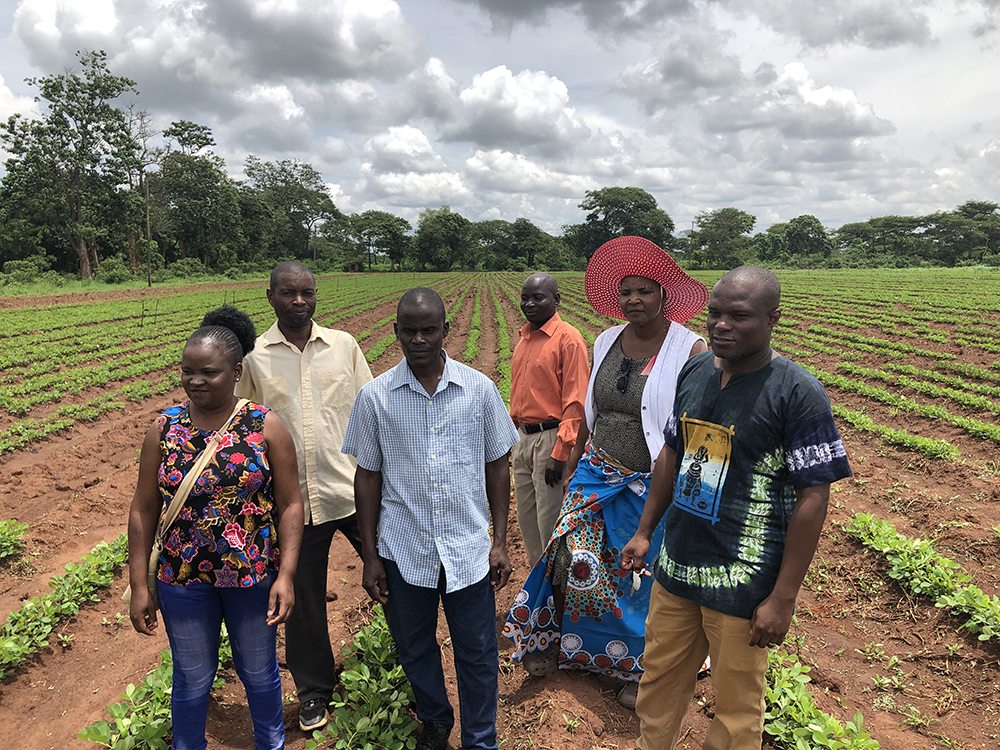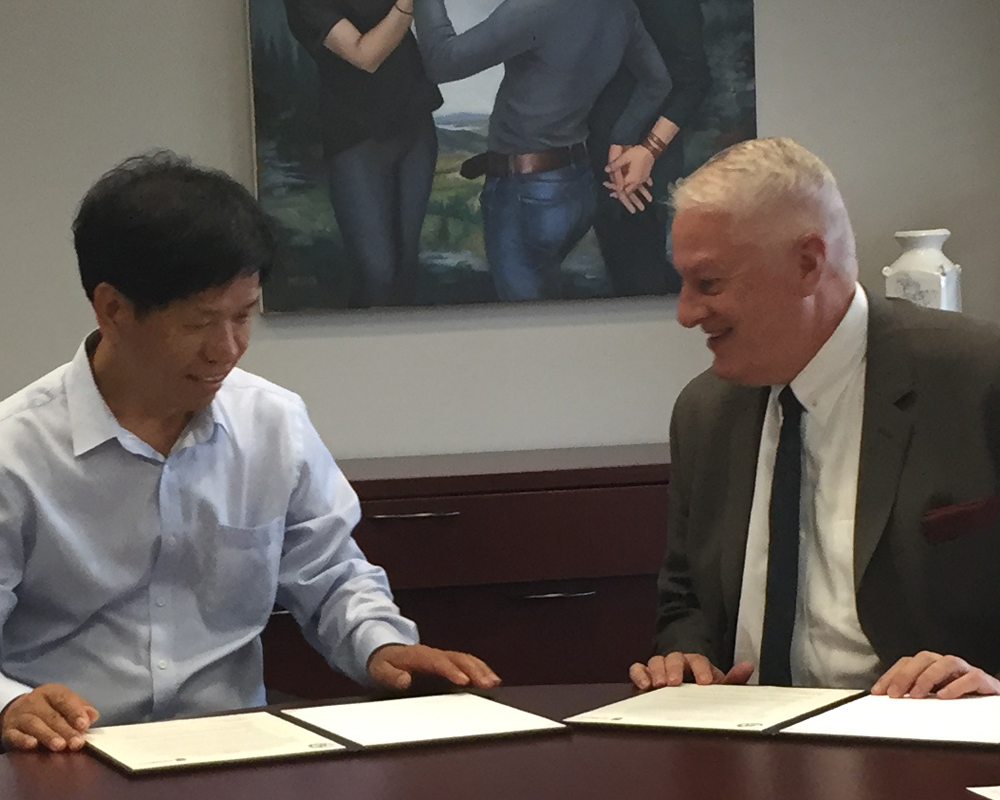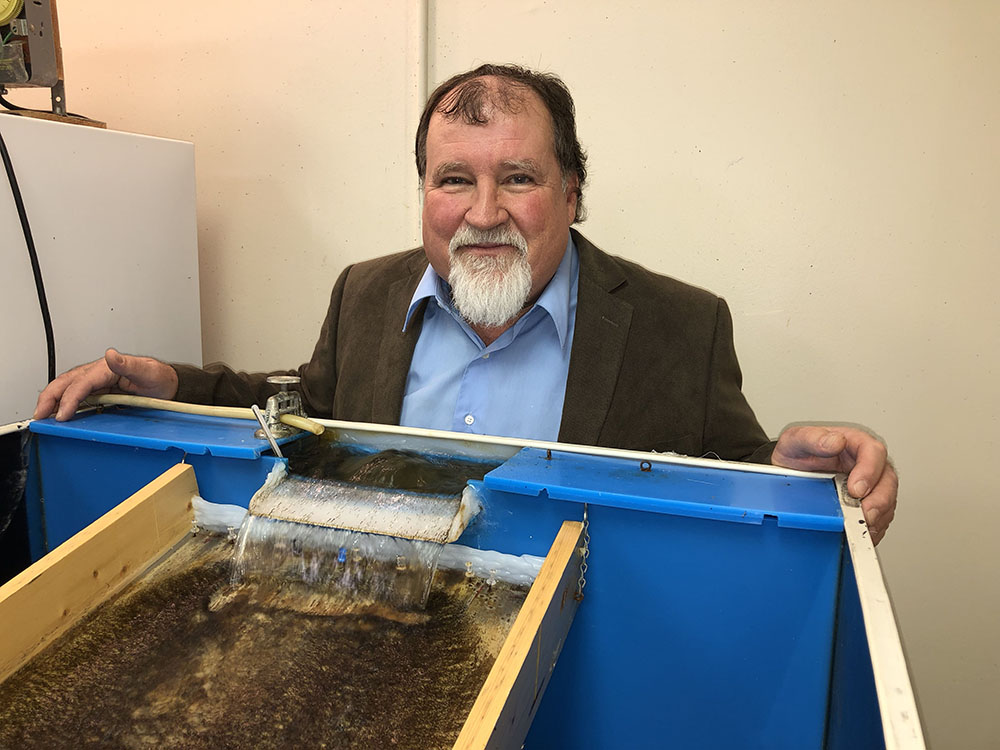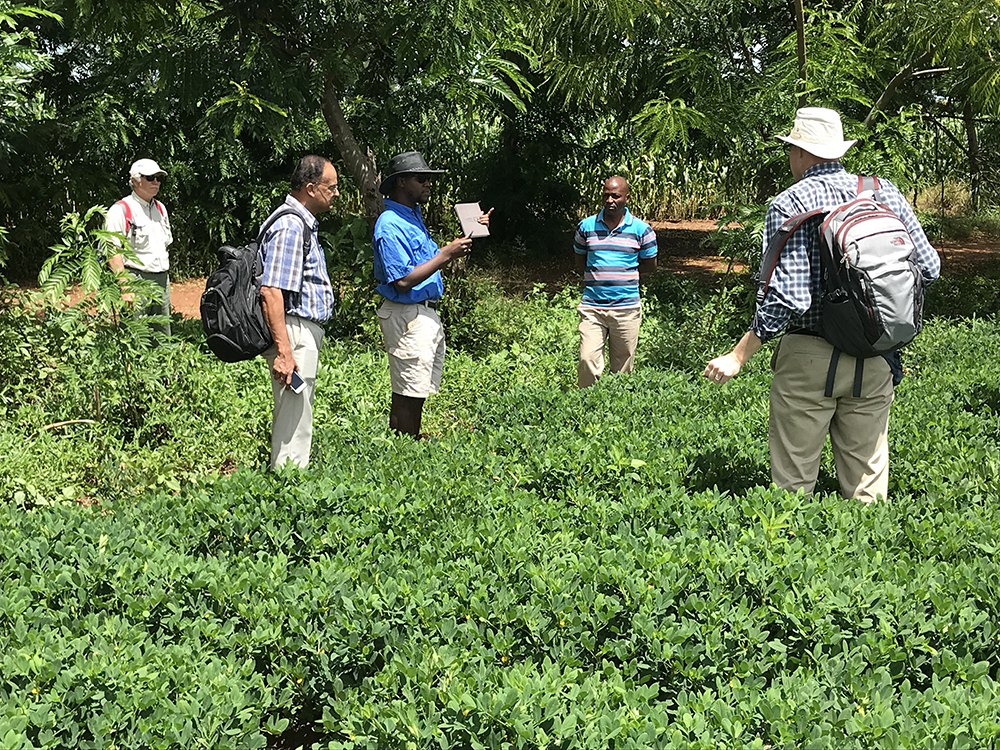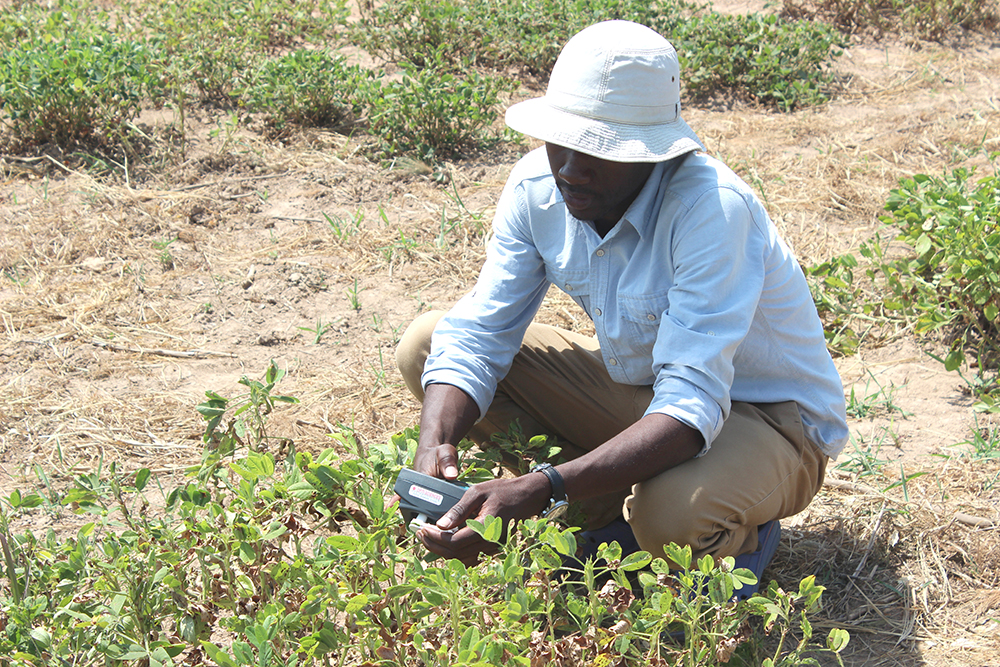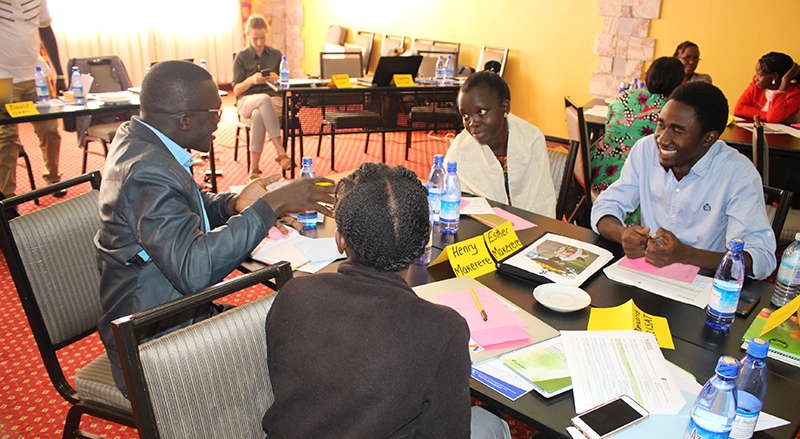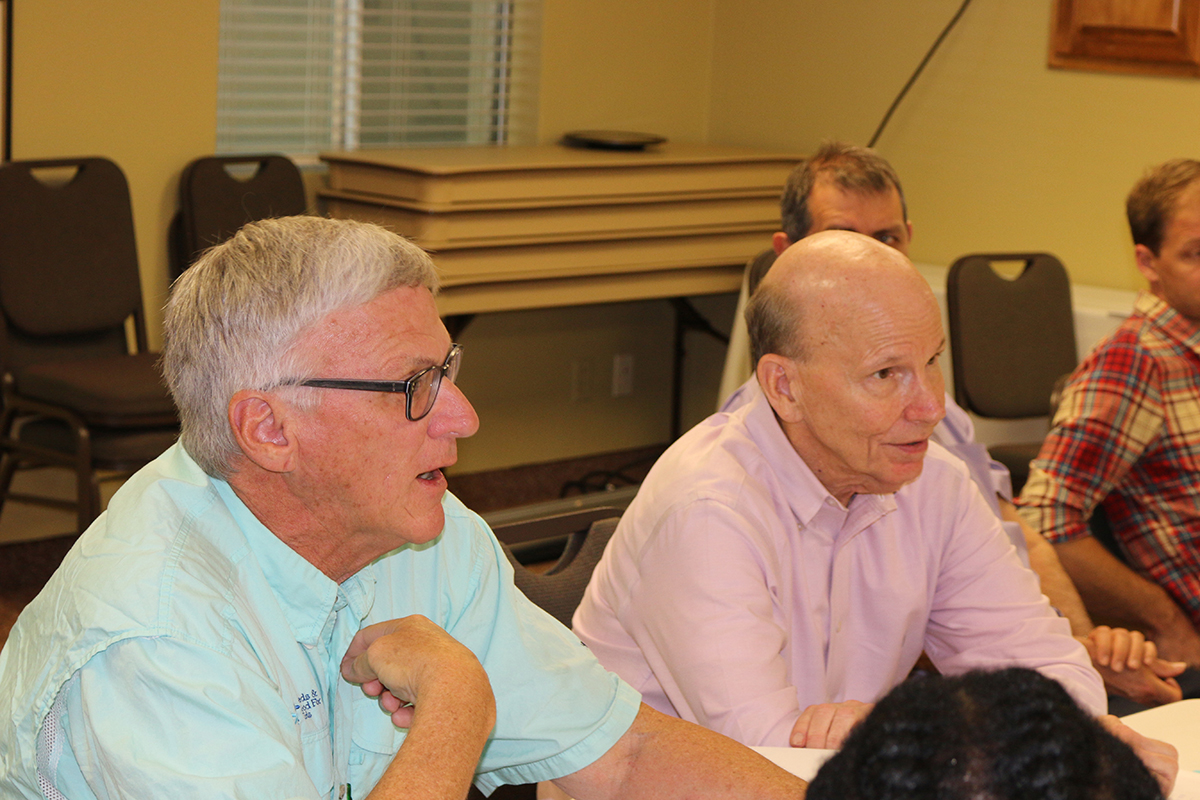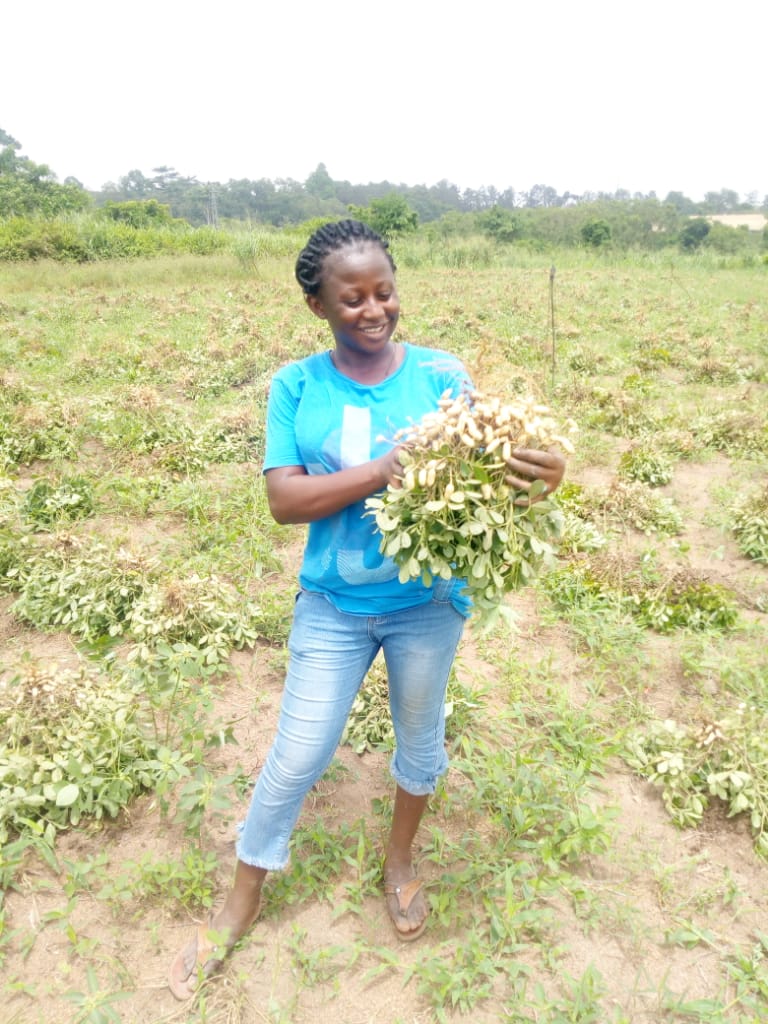 CAES News
CAES News
Student Profile: Jennifer Abogoom
Jennifer Abogoom, a student researcher supported by the Feed the Future Innovation Lab for Peanut, seeks to better understand why farmers choose the seed they do and what quality their seed has, compared to certified seed.

